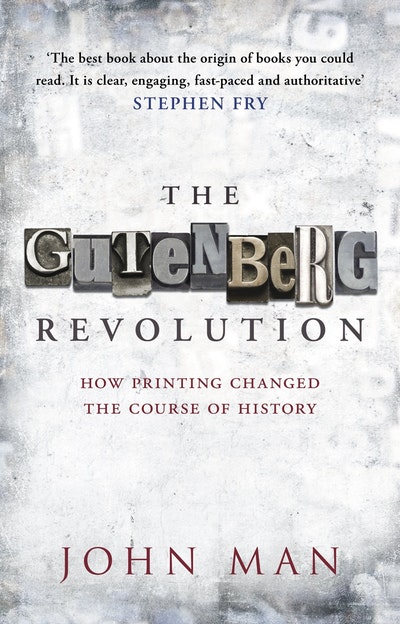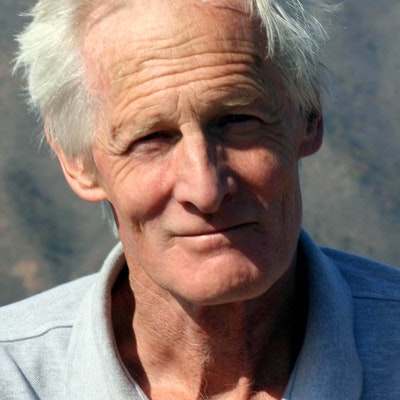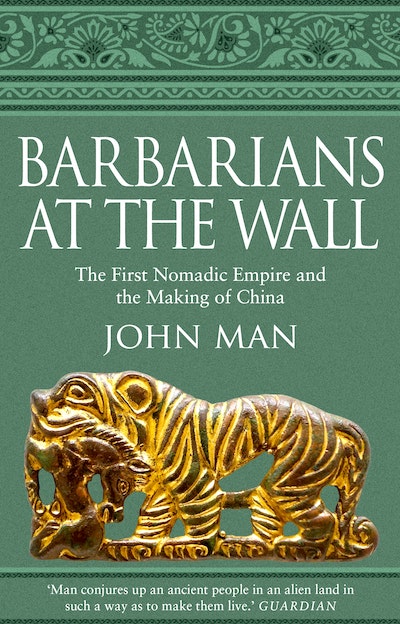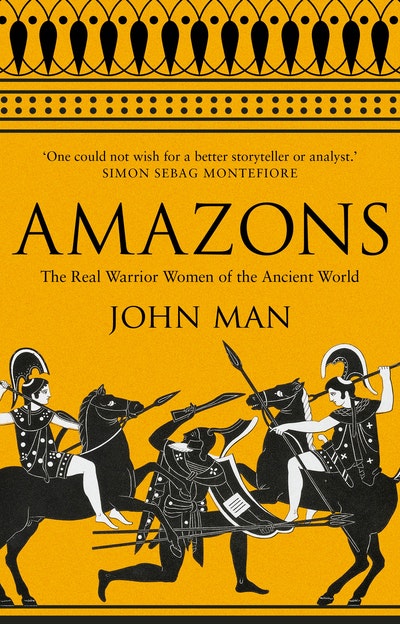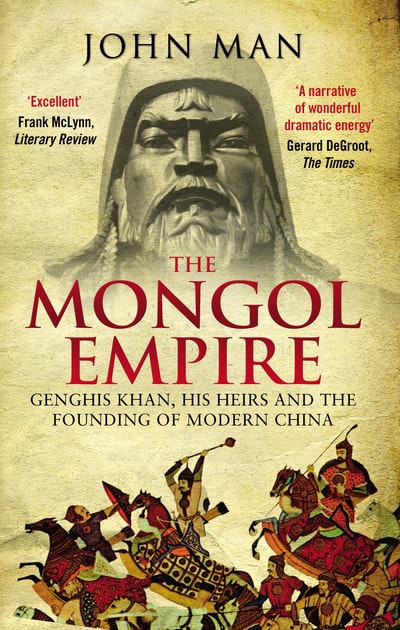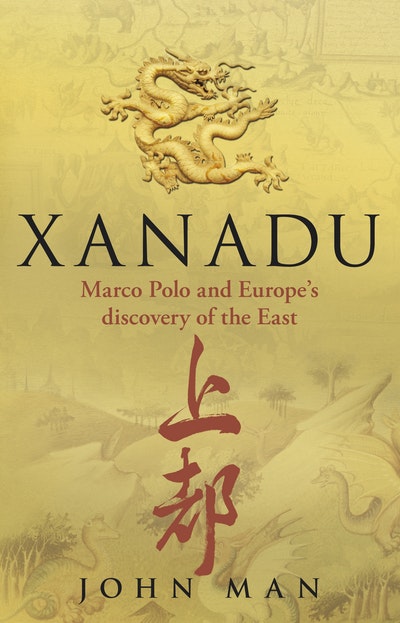[]
- Published: 1 October 2009
- ISBN: 9780553819663
- Imprint: Bantam
- Format: Paperback
- Pages: 304
- RRP: $24.99
The Gutenberg Revolution
Formats & editions
Buy from…
- Published: 1 October 2009
- ISBN: 9780553819663
- Imprint: Bantam
- Format: Paperback
- Pages: 304
- RRP: $24.99
The Gutenberg Revolution is the best book about the origin of books you could read. It is clear, engaging, fast-paced and authoritative.
Stephen Fry
Extremely erudite and enormously enthusiastic
Guardian
Vivid . . . engaging, detailed and highly readable . . . a window on an extraordinary display of consummate skill and creative genius
New Scientist
